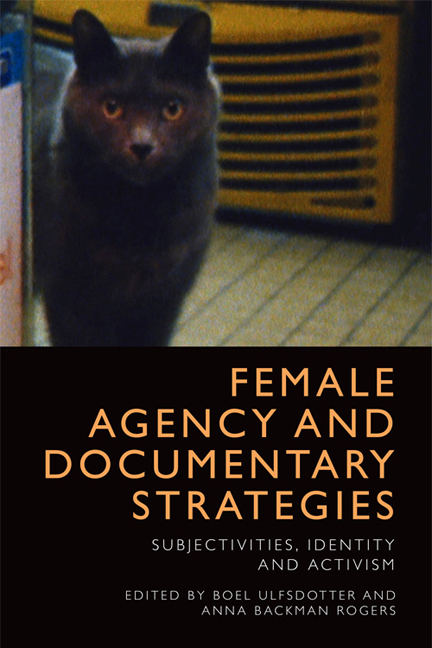12 - ‘Reflecting through Images’: The Documentaries of Mercedes Álvarez
Published online by Cambridge University Press: 28 April 2021
Summary
On an August afternoon in 2015, I had the opportunity to talk at length with experimental documentarist Mercedes Alvarez on the spacious terraza of Ca la Maria in the heart of Barcelona. This was actually our second meeting; the first had taken place in La Floresta, north of Barcelona, in 2004. Mercedes – the director of two acclaimed documentaries, El cielo gira (The Sky Spins, 2004) and Mercado de futuros (Futures Markets, 2011) – is a soft-spoken person, with a warmth and intensity as she enters into a discussion about the cinema. In her two full-length documentaries, Mercedes has played a key role in exploring expanded parameters in the documentary mode, both in Spain and beyond.
Mercedes's films compel us to examine the hybrid form of the ‘essay film’, a style which includes the diary film, the travelogue, the portrait – in other words, somewhere between ‘fiction and nonfiction, news reports and confessional autobiography, documentaries and experimental film’. In The Personal Camera, Laura Rascaroli describes this ‘domain’ (a term she prefers to ‘genre’) as ‘irreducibly plural’ and ‘a cinema of doubt and self-scrutiny’.
Mercedes Álvarez is a member of an influential group of graduates of the innovative MA Programme in Creative Documentary (Documental de Creación) at the Universitat Pompeu Fabra in Barcelona. This programme, started in 1998 by curator/scholar Jordi Ballo, has produced more than twentyfour films, with graduates such as Isaki Lacuesta, Ricardo Iscar, Neus Ballús, Renate Costa and Ariadna Pujol. In Mercedes's own words, the Pompeu Fabra documentarists tend to look to ‘métodos artesanales … que en cierto modo nos hermanaban con los pioneros de cinematógrafo’ [craftsman-like methods … that in a certain way aligned us with the pioneers of the cinema]. The approach of this varied group of filmmakers has been named ‘Cinema de real [Cinema of the Real]’. As Spanish filmmaker Victor Erice notes in his eloquent essay on El cielo gira, ‘none of these films responds – in subject matter, treatment, and duration – to an established cinematographic or television model’. Below are some highlights from our recent conversation and from readings about the director.
A WOMAN'S VOICE
For Mercedes, filming is a way to ‘reflect through images’, to reflect on landscapes full of meaning (or ‘universes’ [universos], a term she prefers).
- Type
- Chapter
- Information
- Female Agency and Documentary StrategiesSubjectivities, Identity and Activism, pp. 184 - 193Publisher: Edinburgh University PressPrint publication year: 2018



